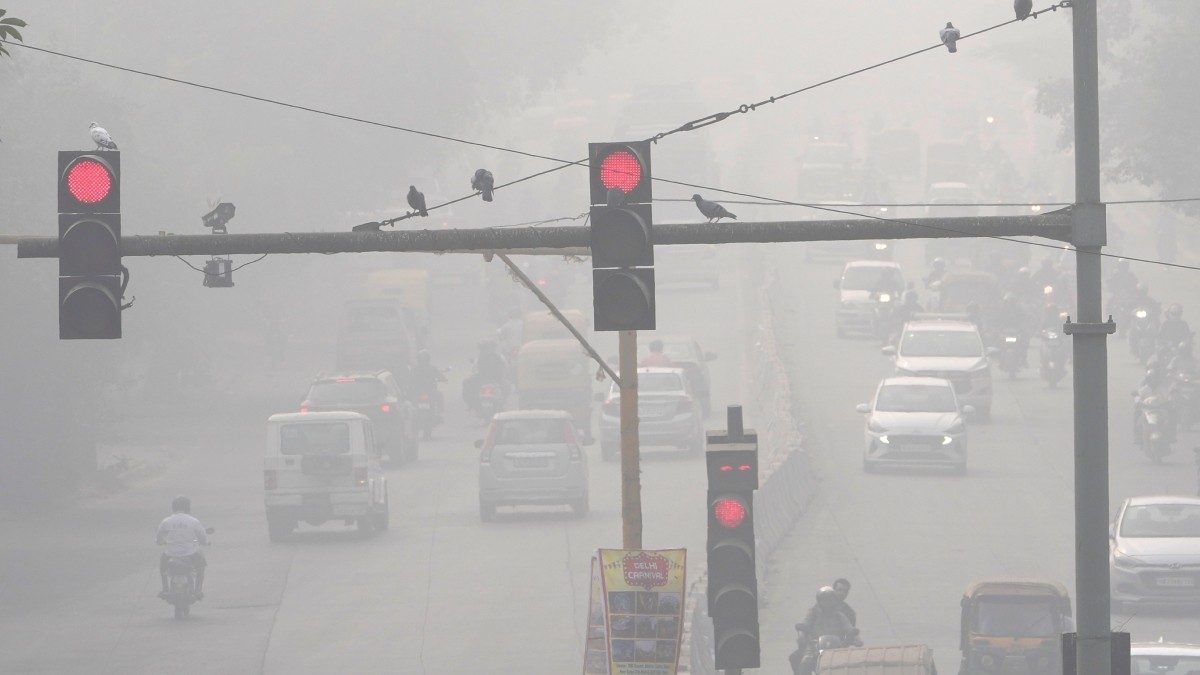As pollution spikes, Delhi struggles to breathe under Grap III restrictions, including a vehicle ban. Citizens question whether temporary measures can tackle the capital’s worsening air crisis.

Toxic Air Strangles Delhi
Delhi woke up to a toxic haze on Thursday, with air quality levels plunging into the hazardous category. The implementation of Graded Response Action Plan (Grap) III and a partial vehicle ban aim to curb pollution, but residents feel these measures may be too little, too late.
Under Grap III, construction activities, diesel generator sets, and entry of medium- to heavy-duty trucks have been restricted, and schools are mulling closures. Despite these efforts, the Air Quality Index (AQI) crossed 450 in several parts of the city, leaving millions struggling with respiratory discomfort.
Many citizens voiced their concerns over the short-term approach adopted by the authorities. “Banning vehicles temporarily doesn’t address the root of the problem. What about stubble burning and industrial emissions?” questioned Ankit Sharma, a resident of Lajpat Nagar. Experts echo these sentiments, calling for a year-round policy to combat pollution.
Critics argue that Grap III measures, while necessary in emergencies, fail to address structural issues like waste management, public transport inefficiencies, and renewable energy adoption. Moreover, the city’s vulnerable population—including children, the elderly, and outdoor workers—suffers the most.
With the festival season approaching, experts warn of further deterioration in air quality due to cracker emissions. Citizens and environmentalists demand stricter regulations and sustainable planning to ensure breathable air for all.
The capital's pollution crisis underscores the urgent need for a long-term, multi-pronged strategy to save Delhi’s air. Temporary bans, they insist, are not the solution to a perennial problem.